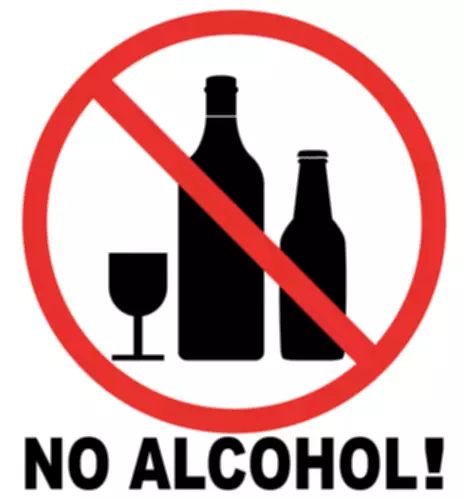Content
For example, some craft beers may have four times the amount of alcohol that’s in a regular beer. Be aware of the alcohol content of what you’re drinking and adjust how much you drink based on this knowledge. Unlike food, which can take hours to digest, the body absorbs alcohol quickly — long before most other nutrients. And it takes a lot more time for the body to get rid of alcohol.
Alcohol use and taking opioids or sedative hypnotics, such as sleep and anti-anxiety medications, can increase your risk of an overdose. Examples of these medications include sleep aids, such as zolpidem and eszopiclone, and benzodiazepines, such as diazepam and alprazolam. Even drinking alcohol while taking over-the-counter antihistamines can be dangerous. What tips the balance from drinking that produces impairment to drinking that puts one’s life in jeopardy varies among individuals. Age, sensitivity to alcohol (tolerance), gender, speed of drinking, medications you are taking, and amount of food eaten can all be factors.
Clinical findings
Alcohol poisoning is usually recognized at a critical stage when urgent medical attention is needed. Survival is possible if immediate medical care is provided, but death or permanent disability can result without treatment. Teenagers and young adults who drink may be at particular risk for alcohol overdose.
- Their motor responses and gag reflexes are nonfunctional, and their body temperature drops.
- Most people call this stage of intoxication being “tipsy.” A person’s BAC at this stage might range from 0.03 to 0.12 percent.
- The person may not be able to stand up, may stagger when walking, and will likely be extremely confused about what’s going on.
- A person with alcohol poisoning who has passed out or can’t wake up could die.
If a friend or loved one appears to have alcohol poisoning, call 911 right away. The sooner they get treatment, the more likely you can prevent severe damage. Know the danger signals, and if you suspect that someone has an alcohol overdose, call 911 for help immediately. Do not wait for the person to have all the symptoms, and be aware that a person who has passed out can die. Don’t play doctor—cold showers, hot coffee, and walking do not reverse the effects of alcohol overdose and could actually make things worse.
Am I An Alcoholic? Take the Quiz Today
But the results of not getting help in time can be far more serious. If you think that someone has alcohol poisoning, get medical attention right away. They may also experience seizures or have blue-tinged or pale skin. People in this stage of intoxication are very likely to forget things happening around or to them. They might “black out” without actually losing consciousness and may not be able to feel pain.

Alcohol poisoning is when there’s too much alcohol in your blood, and it causes parts of your brain to shut down. However, when peer pressure begins or drinking becomes more out of control, your health can be at risk. Limit your drinking, and if alcohol is a problem, seek help.
What are the Signs of Alcohol Poisoning?
If someone you know experiences blood alcohol poisoning it’s important to get medical attention immediately. If alcohol overdoses become a regular occurrence, it is important to tackle the root problem and consider alcohol abuse treatment, like rehab. It is dangerous to assume that an unconscious person will be fine by sleeping it off.

At this stage of intoxication, the person’s behavior will be normal with no visible signs of intoxication, such as slurred speech or delayed reaction time. Alcohol poisoning can appear similar to many life-threatening conditions. For example, hypoglycemia (low blood sugar), a stroke, or a seizure can cause problems with speech and level of consciousness that may be confused with alcohol consumption.
Drink no more than one alcohol-containing beverage an hour. There are several common myths about treating warning signs of alcohol poisoning alcohol poisoning. For example, some people suggest drinking coffee or taking a cold shower.
And middle-age people are more likely than younger ones to take prescription drugs, which can increase the severity of alcohol poisoning. Your liver usually does a good job of keeping alcohol’s toxins from getting into your bloodstream. But if you drink a lot in a short time, your liver may not be able to keep up. Every year, at least 2,200 people die from alcohol poisoning. Statistics show men between the ages of 35 and 64 are typically the ones who die from it. The majority of people who die from alcohol poisoning are white.
